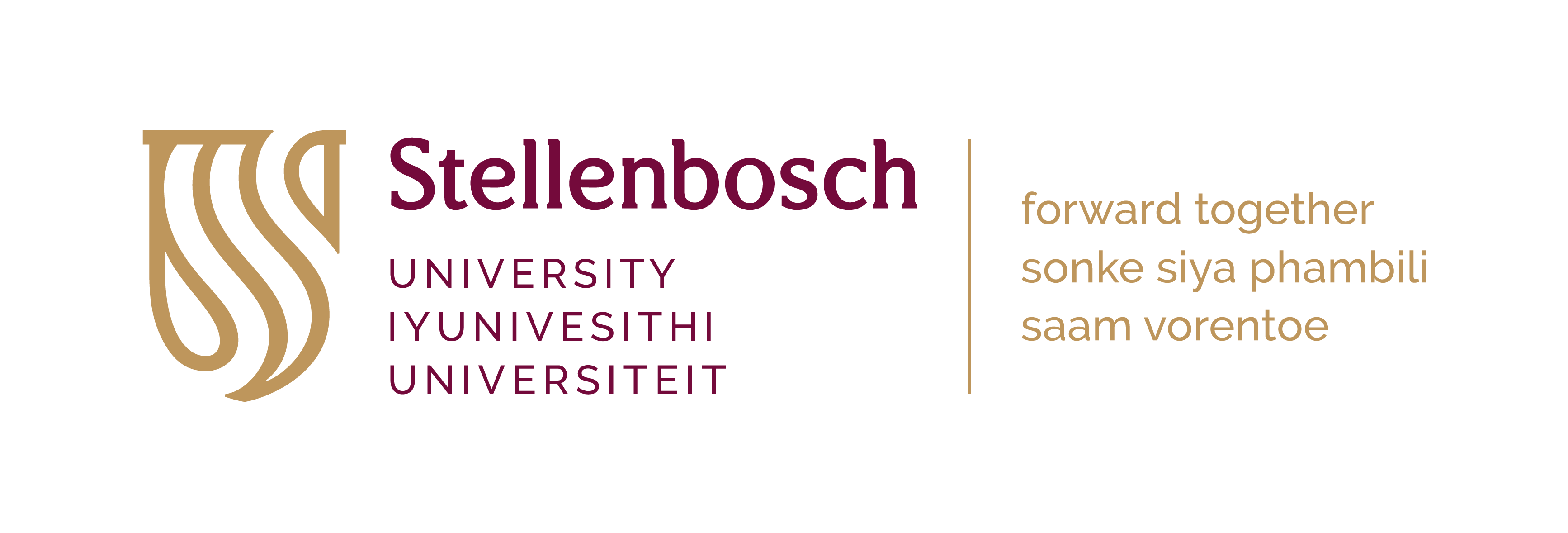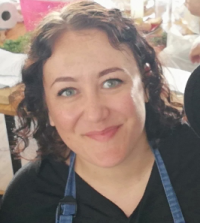[:en]Meet Dr Rouxjeane Venter, a postdoctoral fellow within the Clinical Mycobacteriology & Epidemiology (CLIME) Research Group at Stellenbosch University’s Division of Molecular Biology and Human Genetics, Faculty of Medicine and Health Sciences.
In celebration of Youth Month 2020, the Division of Molecular Biology and Human Genetics is paying tribute to young researchers within our institute. We share heart-warming stories of our students whose lives give us great hope for the future of South Africa. We thank these students for volunteering to tell us a little about themselves and their research.
Tell us briefly about your background?
I was born in Pretoria but have lived between there and Cape Town my whole life. I am the eldest of 3 and a very proud sister to my 2 younger brothers.
Why did you choose your field of study – what or who inspired you? Is this what you envisioned for yourself growing up?
We grew up being shown the beauty of science and all the wonderful things it can do. My grandmother, grandfather and aunt are all in STEM (statistician, physicist and electrical engineer) so I always grew up loving STEM. However, my dad was the main reason I wanted to be a scientist, he had a great enthusiasm for science and technology and we would sit up late into the night and discuss new and old theories or technologies and what they mean and what could be next. It is still some of my fondest memories of my dad.
What is your research focus on?
My research focuses on developing and testing new ways to diagnose and measure infectiousness in people with drug-resistant tuberculosis (TB). Many people with drug-resistant TB have to wait a long time to get a full diagnosis to make sure they are started on the right treatment and part of our study is looking at ways to this reduce time-to-diagnosis and effective treatment initiation. Also, very little is known about the infectiousness of TB and how to accurately measure the bacteria that are expelled during coughing or other respiratory maneuvers. Once we know how to measure this, we can test various intervention strategies to try and reduce the infectiousness which will help stop the spread of TB.
How can your research help to improve Africa and/or the lives of its people?
Our research is looking at improving the diagnosis of drug-resistant TB and reducing the time and resources used to get a full diagnosis for all the drug classes so that effective treatment can be started sooner. This could reduce the time patients remain ill and infectious, improving patient outcomes and reducing the risk of transmission. Furthermore, finding ways to accurately measure which patients are infectious and using this to measure which interventions could aid in reducing that infectiousness is very important at curbing the spread of TB.
What obstacles did you have to overcome to get where you are today?
Life has thrown a few curveballs which hit me hard, but I was always taught there is always a solution to any problem so make sure you have a plan B (and C through Z) and work hard at it! I was also very lucky to have the support of my loved ones which helped me tremendously and got me to where I am today, for which I am forever grateful!
If you could invite any three researchers (alive or dead; local or international) to a dinner party, who would you pick and why?
There are too many, but my top 3 (at the moment) would be:
Nikola Tesla – he had so many radical and modern ideas, I would love to know how his brain worked.
Edward Jenner – The man who helped develop the small-pox vaccine, I would love to know how and why he did some of the things he did.
Gertrude B Elion – Her work lead to the discovery of many new and useful drugs (such as drugs to help with organ transplants) and she is one of the people responsible for focusing drug discovery on the drug target rather than the trial and error methods used before, which is fascinating (and won her a Nobel prize!).
What is your favourite quote/saying?
“This isn’t magic, is it?”
“I don’t think so,” said Johnny. “It’s probably just very, very, very strange science.”
“Oh, good,” said Yo-Less. “Er… What’s the difference?”
– Sir Terry Pratchett, Johnny and the Bomb
Any advice for young people who are considering a career in STEM?
People often make STEM sound boring and like it’s only hard work, but it truly is like magic. It’s allowed us to achieve so many amazing things! The fact that a bacteria can detect what is in its environment, send a signal and switch on one of its genes to adapt to the new environment is magic in itself. Remember to see the magic and the hard work won’t seem so bad and you’ll be excited to learn and do more!
What do you hope to achieve in the future?
I never want to stop learning about all the new (and old) wonderful things out there, I hope that one day I can contribute something to that knowledge that someone else can get as excited about it as I do when I read other people’s research.[:]

